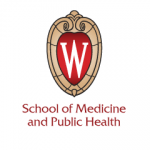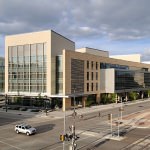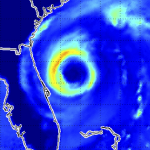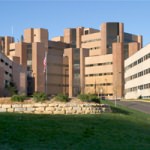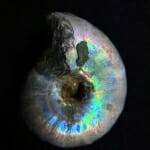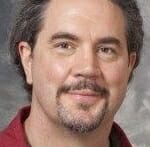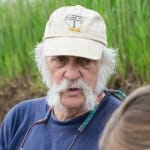Tag Research
Affordable Care Act slashed uninsured rate among people with diabetes
In 2009 and 2010, 17 percent of adults who were under age 65 and had diabetes were uninsured. After the ACA took effect, that percentage declined by 12 percentage points and by 27 percentage points among those with low income. Read More
Sustainable dairy project finds ways to lower emissions, boost profits
Researchers found that ideal cow genetics, improved feeding strategies and better manure management could allow dairy farms to cut greenhouse gas emissions while producing more milk with less feed. Read More
WCER launches $1.5 million internship study of six Historically Black Colleges and Universities
The NSF-funded study aims to examine students’ experiences with their internships and how these experiences may impact their future wages, employment status and vocational self-efficacy. Read More
UW2020 competition marks four years with Round 6 call for proposals
The competition, UW2020: WARF Discovery Initiative, offers funds for investigative and infrastructure projects with the goal of supporting collaborative, multidisciplinary and transformative research. Read More
“Clamp” regulates message transfer between mammal neurons
A UW researcher has described a key component of the nervous system — the brake, or “clamp,” that prevents the fusion pore from completing its formation and opening. Read More
Climate change impacts Wisconsin’s inland lakes
The UW Water Resources Institute studied the effect on lake levels, water quality, aquatic invasive species and fisheries for 15,000 of the state's "true water treasures." Read More
Videos, music on tablets boost moods of dementia patients and caregivers
A pilot study analyzed by researchers at the University of Wisconsin–Madison School of Pharmacy finds that dementia patients given access to tablets loaded with apps for photos and music, and common apps such as YouTube, experience more positive moods. Read More
Mysterious cloud ‘absorbers’ seen to drive Venusian albedo, climate
A better picture of the weather on Venus and how it is influenced by changes in the reflectivity of the clouds has emerged, thanks to new research. Read More
Electronic records pin broad set of health risks on genetic premutation
UW–Madison's Marsha Mailick led researchers from the Waisman Center and Marshfield Clinic in a study that employed machine learning to mine decades of electronic health records of nearly 20,000 individuals. Read More
Nugent named inaugural Chief Clinical Officer for SMPH and UW Health
Elizabeth Nugent is charged with leading the establishment of the School of Medicine and Public Health and UW Health as a premier clinical research organization. Read More
Making biominerals: nature’s recipe is old, evolved more than once
In recent years, scientists have teased out many of the secrets of biomineralization, the process by which sea urchins grow spines, mollusks build their shells… Read More
Single protein plays important dual transport roles in the brain
A wide range of neurological conditions could benefit from the growth of axons — the telephone wires of the nervous system — including spinal cord injuries and some neurodegenerative diseases, says researcher Edwin Chapman. Read More

